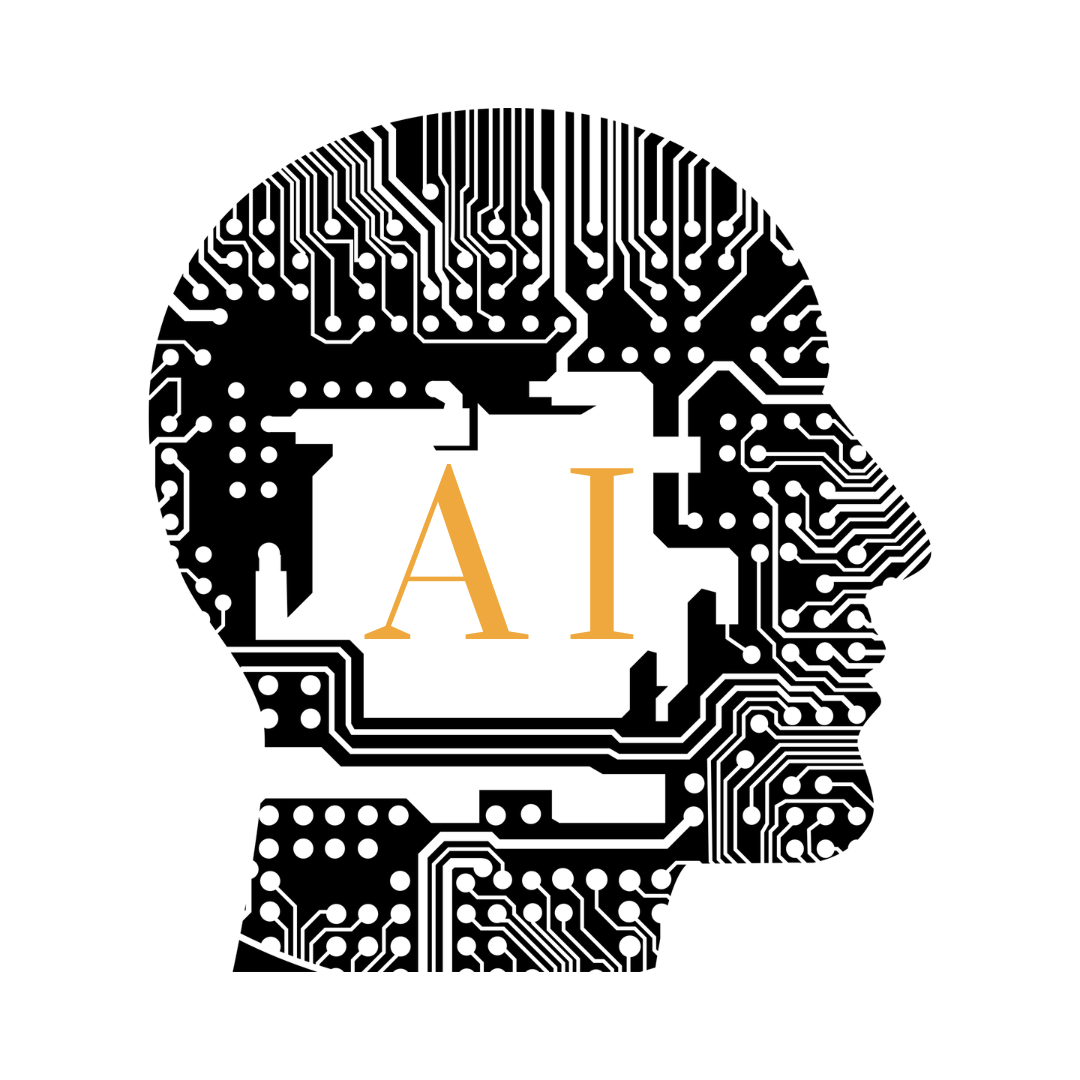The development of full artificial intelligence could spell the end of human race.
– Stephen Hawking
What we know as Artificial Intelligence (AI) today is a series of documented patterns and techniques. These are derived from our own learnings being inputted for usage and searches that are from similar experiences (Minksy, 1960).
An extension of human intelligence
Artificial intelligence is a fast-growing field which has numerous applications. In medicine, artificial intelligence is used to support physicians in their work, facilitating exams’ interpretation, patient diagnosis, and surgical procedures.
In the United States, the Food and Drug Administration (FDA) approved a few artificial intelligence algorithms to assist physicians in diagnosing patients. For example, ClearRead Xray Delta View can help radiologists find lung nodules that were previously missed in 1 out of 10 cases. Therefore decreasing the rate of misdiagnosis. In other medical institutions, AI algorithms are used to triage patients in emergency care based on specific symptoms that require immediate attention (Milam and Koo, 2023).
A double edge sword
Although many people acclaim the benefits of AI, others caution against the negative consequences its use might ensue. Just like humans, AI algorithms can make mistakes and lead physicians to the wrong diagnosis. Sometimes, a contextual alteration is all it takes for an AI algorithm to lead humans to an error. An algorithm programmed to recognize specific outcomes within a specific environment does not perform as well when the environment changes. Such situations can result in a different interpretation of an expected medical test outcome (Challen et al., 2018).
Surprisingly, scientific publications illustrating the errors made by AI algorithms in clinical settings are not abundant. On the contrary, most publications praise AI tools for their ability to lighten physicians’ workload and reduce the rate of misdiagnosis (Bohr and Memarzadeh, 2020; Bi et al., 2019; Peters et al., 2018). Given the helpfulness of artificial intelligence, do clinicians still need to put in significant effort to retain essential information in order to properly interpret the results of a medical exam?
A step forward or backward?
There is a growing dependence on the use of artificial intelligence. This has been noticed with the rise in popularity of ChatGPT, natural language processing (NLP), and students becoming more reliant on this tool (Salah, Mohammed et al., 2024). Dependence on technology can reduce students’ abilities to perform certain tasks or build on their skills due to a lack of practice (Anders, 2004).
This poses a concern for future generations of physicians, who will have access to increasingly advanced technologies and AI diagnostic tools. Given these developments, one might question how much trust we should place in future physicians. While artificial intelligence has led to significant improvements, it raises the question: are we truly moving forward or backward? Only time will tell.

